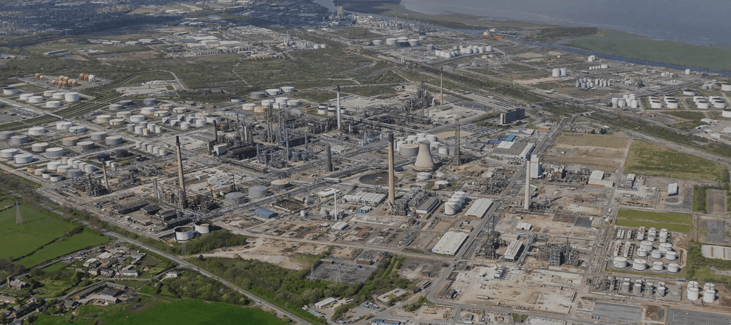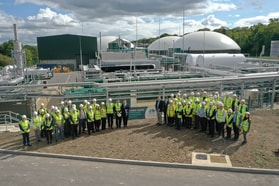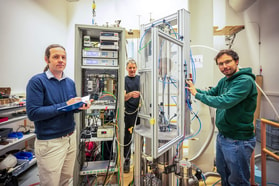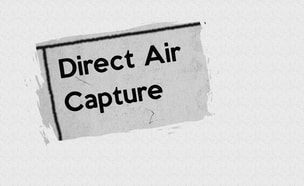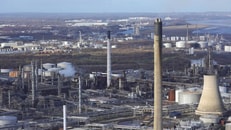UK government awards 17 companies £63m in SAF funding
The UK government has awarded 17 companies £63m in sustainable aviation fuels (SAF) funding under the Advanced Fuels Fund (AFF) scheme, swelling overall funding to £198m.
The biggest winners were Velocys (£27m), which is developing a commercial scale plant that uses gasification and Fischer-Tropsch technology to convert black bin bag waste into SAF; Lanzatech UK (£24m), which aims to convert steel mill off-gases into ethanol and then use alcohol-to-jet technology; and Fulcrum Bioenergy (£16.7m), which is also converting black bin bag waste into SAF.
Zero Petroleum (£3.49m) is developing a demonstration production module operating in Orkney and commercial scale plant that uses power-to-liquid technology to convert biogenic and direct air capture CO2 and green hydrogen into SAF, Willis Sustainable Fuels receives £4.7m to develop power-to-liquid technology to convert CO2 and green hydrogen into SAF, and Oxccu Tech gets £2.81m for similar work converting biogenic CO2 and green hydrogen into SAF.
Essar Energy Transition (EET), a UK subsidiary of Indian multinational Essar Group, was awarded £2.5m for a SAF production hub at its Stanlow refinery.
... to continue reading you must be subscribed

